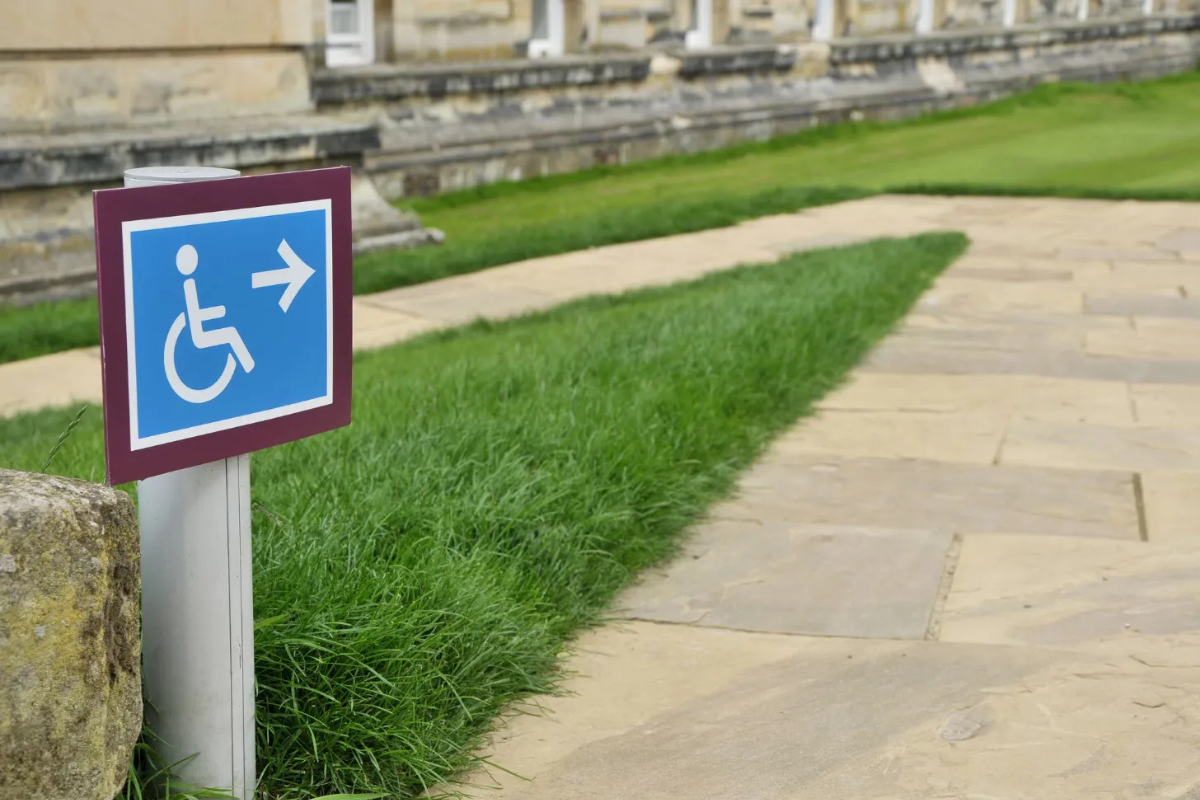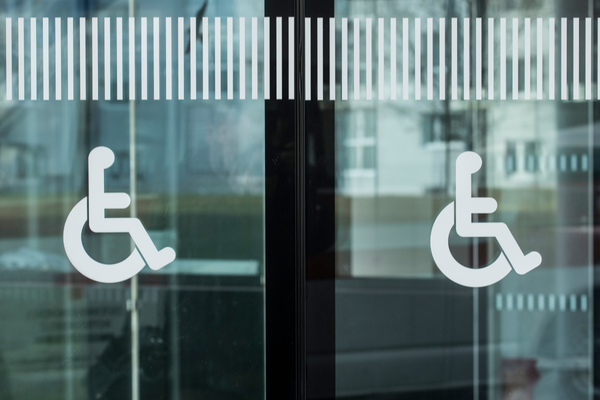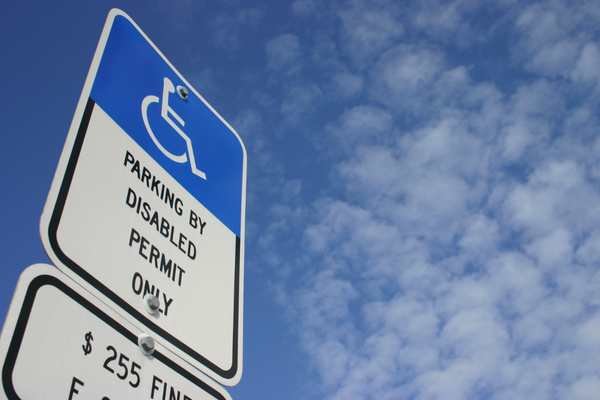1/23/25 - Emergencies, neglect, and a new disability podcast


Your Local Government Isn’t Ready to Evacuate Disabled People
Julia Métraux, Mother Jones - January 18, 2025
"Peters also recommends a 'reach in' approach: not to assume a disabled person has no plan, but to ask about any plans they’ve already considered; and about practical considerations like their medical requirements and typical daily needs, especially under conditions like poor air quality ... 'The assumption is always that the disabled person lacks knowledge,' Peters said. 'They may have all the knowledge and then some, and they may have knowledge that will save you and will help you and your disaster planning. You are there to listen, learn and problem-solve together.'"
There's an important discussion in this piece about not just the failure of local governments to plan for helping disabled people during community-wide disasters, but also how local communities and individuals can do better. And a lot if it is about asking actual disabled people in our communities what we need, and what's most important to us when the worst is happening around us and threatening our survival.
Shut away and ignored: thousands of disabled adults are at the frontier of the human rights struggle
John Harris, The Guardian - January 19, 2025
"Just under 50% of care spending in England goes on support for disabled adults of working age, and more than two-thirds of that money is dedicated to people with learning disabilities. What this part of the social care picture has in common with help for older people is pretty clear: years of austerity, recruitment problems tied to low-paid jobs (made worse by Brexit), and the endless failures of successive governments to tackle a huge list of systemic problems. But the failings of care for disabled people have their own specifics: nonexistent local planning for the transition from childhood to life as an adult, no conception of successful grownup lives that does not involve paid work, and a national habit that is completely toxic: shutting away far too many disabled people, to the point where they simply cannot participate in society."
This is one of those disability articles that seems generic at first – correct, but non-specific and maybe a bit too entry level to be interesting. But it actually does focus on a particular theme in disability culture – how the issues of young and middle-aged adults with disabilities relate to those of disabled children and youth on one hand, and the elderly on the other. These groups' needs and aspirations overlap quite a lot, but also have distinct differences discussed here. From this article, it seems like the disconnect and disparities between these disability age groups might be slightly worse in the UK than it is here in the U.S. But complaints that disabled people are forgotten after they reach adulthood, and are less organized to garner attention and services than elderly people are familiar here, too.
Disability Daily Podcast
Katie Healy, PhD, CPACC, Disability Daily Podcast
"Discover a new figure or event in disability history each day!"
This new podcast looks like it's positioned to become another essential piece of disability culture. The podcast is a series of five-minute programs, each highlighting a disabled person or event in disability history. It's convenient and easy to keep up with. It can easily be worked into a daily routine. And it has the potential to help fill in gaps between the spate of essays, articles, and interviews we get around July's Disability Pride Month and October's Disability Employment Awareness Month. I look forward to seeing how this podcast goes as an every day listen.
Disability Thinking Weekday is a Monday-Friday newsletter with links and commentary on disability-related articles and other content. Please like, share, comment, and subscribe — for free, or with a paid subscription. Benefits of paid subscription include:
- A monthly recap with links to all of the previous month's shared articles, organized by topic.
- Listing as a supporter, and a link to your website if you have one.
- You can recommend one disability-related article for me to share per month in a weekday post.
I am so grateful for your help and engagement, in whichever forms you choose!



